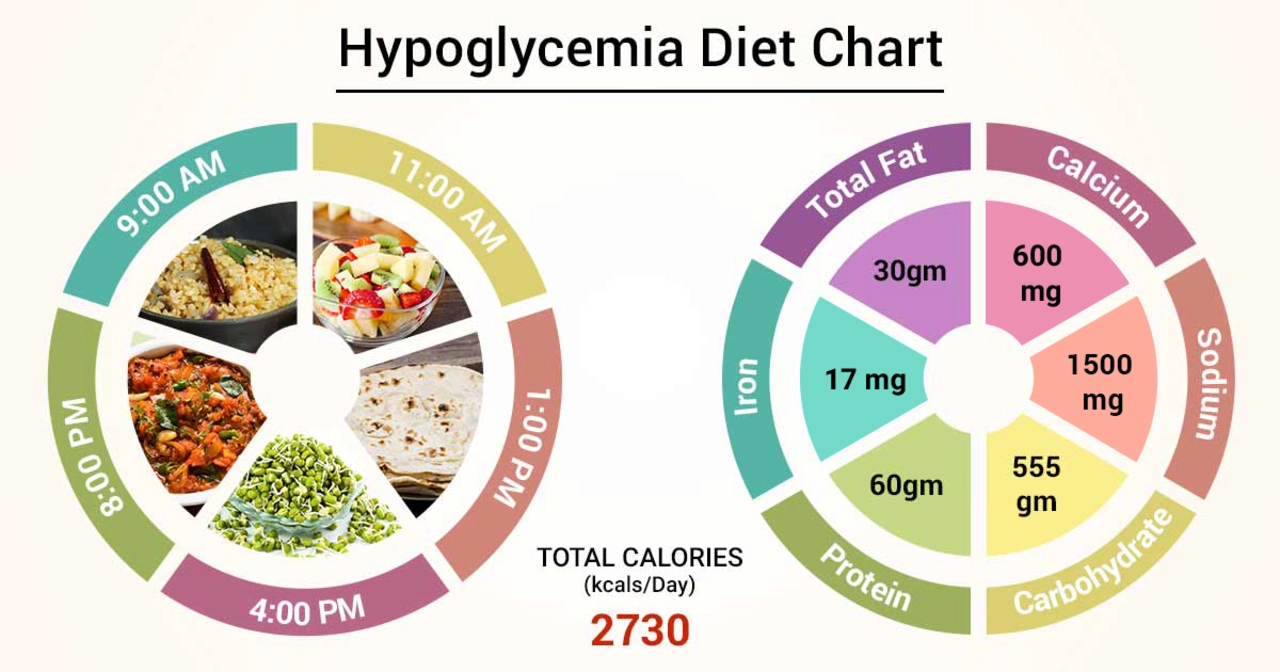April 2023 Archive — What we published and quick takeaways
Four practical posts landed on FaastPharmacy in April 2023. Each one focuses on a common question patients and caregivers ask: how diet affects gut disease, how a pandemic changed care for heart failure, how a specific antibiotic treats ear infections, and how canagliflozin stacks up against other diabetes drugs. Below you’ll find a short summary and usable tips you can try or discuss with your clinician.
Monthly highlights
Diverticulitis and sugar: This post links high sugar intake to gut inflammation and higher diverticulitis risk. The main takeaway: cutting back on added sugar can reduce inflammation triggers and help weight control — both matter for diverticular health. Practical change: swap sugary drinks for water or unsweetened tea and try to keep treats occasional.
COVID-19 and chronic heart failure: The article describes how the pandemic affected care access, mental stress, and exercise routines for heart failure patients. If you or someone you care for missed clinic visits or rehab sessions, consider asking your provider about telehealth check-ins, medication delivery options, or remote monitoring tools to keep treatment on track.
Cefadroxil for ear infections: This guide explains when cefadroxil, a cephalosporin antibiotic, may be used for bacterial ear infections, what typical doses look like, and common side effects to watch for, like GI upset or allergic reactions. Reminder: antibiotics only help bacterial infections — follow your prescriber’s dose and finish the course unless they tell you otherwise.
Canagliflozin vs other diabetes meds: That post compares canagliflozin (an SGLT2 inhibitor) to options like metformin and DPP‑4 inhibitors. Canagliflozin can lower blood sugar and may help weight and heart outcomes for some patients, but it has trade-offs like cost and specific side effects. Medication choice should be a joint decision based on your goals, kidney function, and risk profile.
Quick tips you can use
1) For gut health: aim for fiber-rich foods, limit added sugar, and keep active — small changes reduce flare risk. 2) For chronic conditions during disruptions: set up a medication plan, ask about telehealth, and keep a log of symptoms. 3) For antibiotics: confirm the infection is bacterial, note allergies, and report severe side effects right away. 4) For diabetes meds: track A1c and kidney tests, discuss benefits vs risks, and review cost or insurance coverage before switching.
If you want the full posts, check the April 2023 listings for more details on dosing, study notes, and practical examples. These summaries are meant to help you spot what’s relevant and bring better questions to your next appointment.




